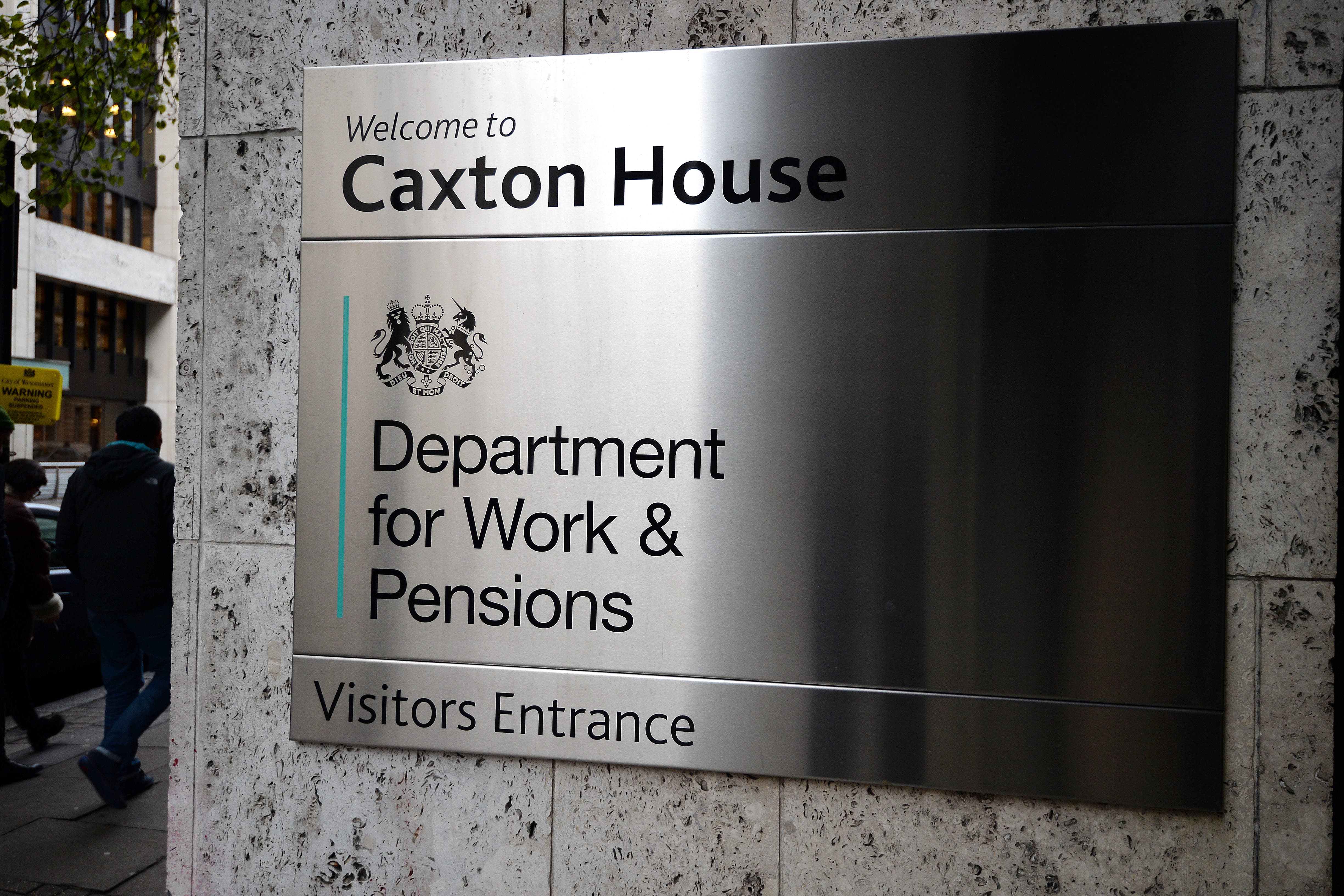MPs call for a moratorium on benefit sanctions amid cost-of-living crisis
SNP MP Chris Stephens said such a move would be a “sensible approach”.

Your support helps us to tell the story
From reproductive rights to climate change to Big Tech, The Independent is on the ground when the story is developing. Whether it's investigating the financials of Elon Musk's pro-Trump PAC or producing our latest documentary, 'The A Word', which shines a light on the American women fighting for reproductive rights, we know how important it is to parse out the facts from the messaging.
At such a critical moment in US history, we need reporters on the ground. Your donation allows us to keep sending journalists to speak to both sides of the story.
The Independent is trusted by Americans across the entire political spectrum. And unlike many other quality news outlets, we choose not to lock Americans out of our reporting and analysis with paywalls. We believe quality journalism should be available to everyone, paid for by those who can afford it.
Your support makes all the difference.Ministers have faced calls to impose a moratorium on benefit sanctions similar to that introduced during the pandemic amid “cost-of-living” issues.
SNP MP Chris Stephens said such a move would be a “sensible approach” as he warned “sanctions do appear to be back with a vengeance”.
Speaking during his Westminster Hall debate on DWP policy on benefit sanctions, he said: “We’re in a cost-of-living crisis. Now during the pandemic the department rightly took the view not to sanction people during the pandemic.
“We’re now in a cost-of-living crisis and it would seem to me that if we’re not going to sanction people during the pandemic, we should also not sanction people during a cost-of-living crisis as well. It seems to me to be a sensible approach.”
Sanctions should not be routinely used, instead used in reserve, as a last resort for the most extreme circumstances and cases. This is a matter of life and death
The MP for Glasgow South West branded the latest sanctions figures “shocking”, adding: “Sanctions do appear to be back with a vengeance and this shift in approach requires, I believe, parliamentary scrutiny.
“As someone who believes conditionality has not worked, I believe we need a change in approach to put the claimant and their needs at the heart of the social security system.
“But they must accept the select committee recommendations to introduce either a yellow card or a warning system because failure to do so is the department going back on its word.”
Labour’s John McDonnell (Hayes and Harlington) said: “What’s been worrying me is the dramatic increase there has been since – compare the figures now, with the figures before the pandemic and, therefore, the significant increase that there has been in this last year.”
He added: “As we go into a recession, with a cost-of-living crisis, people have the fear of sanctions being levelled against them … pushes some people over the edge.”
Labour’s Grahame Morris (Easington) said: “The minister can act with a moratorium on sanctions. Sanctions should not be routinely used, instead used in reserve, as a last resort for the most extreme circumstances and cases. This is a matter of life and death.”
Responding, employment minister Guy Opperman said: “He asks about the point about the rise in the numbers and it is right to have a legitimate discussion about what is a fair and effective welfare system, that supports people into work, provides value for money for taxpayers and this is in circumstances where our work coaches support claimants by setting out the activities to move into work or progress in work and work more.”
He added: “98.2% of sanctions are for missing a meeting with a work coach and these particular sanctions can be quickly and simply resolved by attending another appointment.
“Where benefit claimants have vulnerabilities, safeguards exist to ensure people are not sanctioned inappropriately.
“Those with severe health and mental health conditions, full-time caring responsibilities, or with children under one are not required to look for work and cannot be sanctioned.”